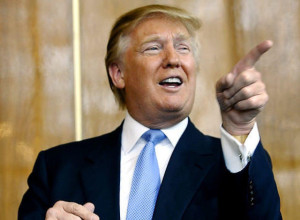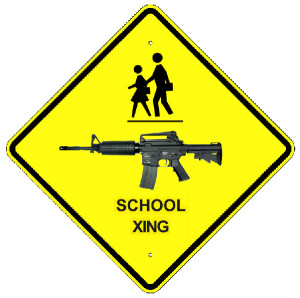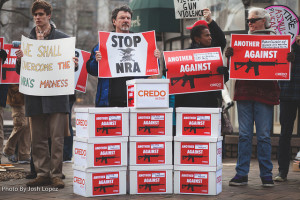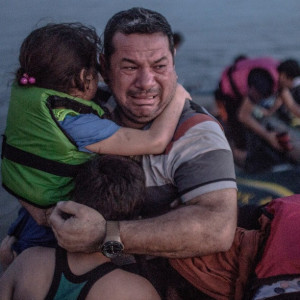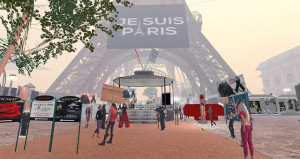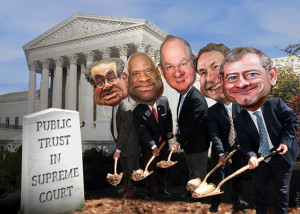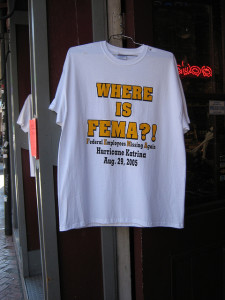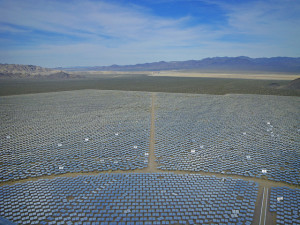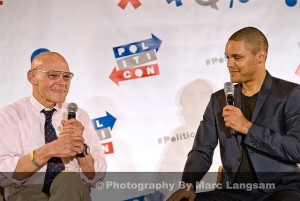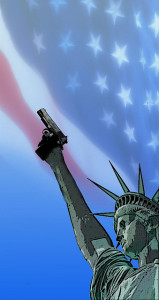
Statue of Liberty with gun
In the ongoing war between the political right and left to control the national dialogue, the latest battle involves conservatives talking about terror and liberals talking about guns. We saw this on display during last Wednesday’s Republican presidential debate, as the news headlines reported that “Terror takes center stage during Republican debate.” Likewise, terrorism but also gun safety law solutions took center stage at last Saturday night’s Democratic presidential debate, as the ABC News moderators asked questions seemingly ripped from the Republican book of talking points.

